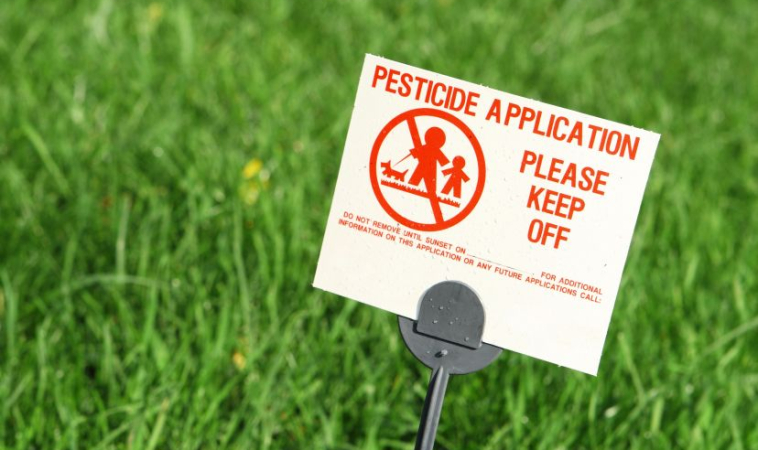New research has linked an expectant mother’s exposure to chemical pesticides with an increased risk of having a child with autism spectrum disorder.
The associations were stronger when mothers were exposed during the second and third trimesters of pregnancy, and that about one-third of the participants whose children were born with autism spectrum disorders lived within the 1 mile radius of commercial farming operations.
This University of California Davis MIND Institute study, published in July’s issue of Environmental Health Perspectives, validates the results of earlier studies linking autism with prenatal agricultural chemical exposure in California.
The study, led by principal investigator Irva Hertz-Picciotto, a MIND Institute researcher and professor and vice chairman of the Department of Public Health Sciences at UC Davis, includes families with children between 2 and 5 years old diagnosed with autism or developmental delay or with atypical development.
“If it were my family, I wouldn’t want to live close to where heavy pesticides are being applied,” Hertz-Picciotto said
ND practitioner Dr. Dave Hamilton of Carolinas Natural Health in Matthews, N. Carolina, agrees that being exposed to environmental toxins is detrimental to both unborn children and adults.
“I support the environmental impact [f this study’s findings], even with field workers; this hits me personally because I do have a small farm and pesticides is an issue even with honey bees.”
Dr. Hamilton said, “I think the study is accurate, there is a good correlation that these pesticides and herbicides can be impacting cognitive development and even spontaneous abortion. Basically the entire pregnancy is at a huge risk.”
He suggested that people who live in areas where toxins are concentrated might want to protect their livers by taking natural supplements such as glutathione and/or milk thistle. Both herbs support the liver and aid in getting rid of neurotoxins.
Dr. Hamilton added, “Please do seek out help from a local naturopathic doctor if you are in danger of exposure to commercial agricultural toxins.”
















